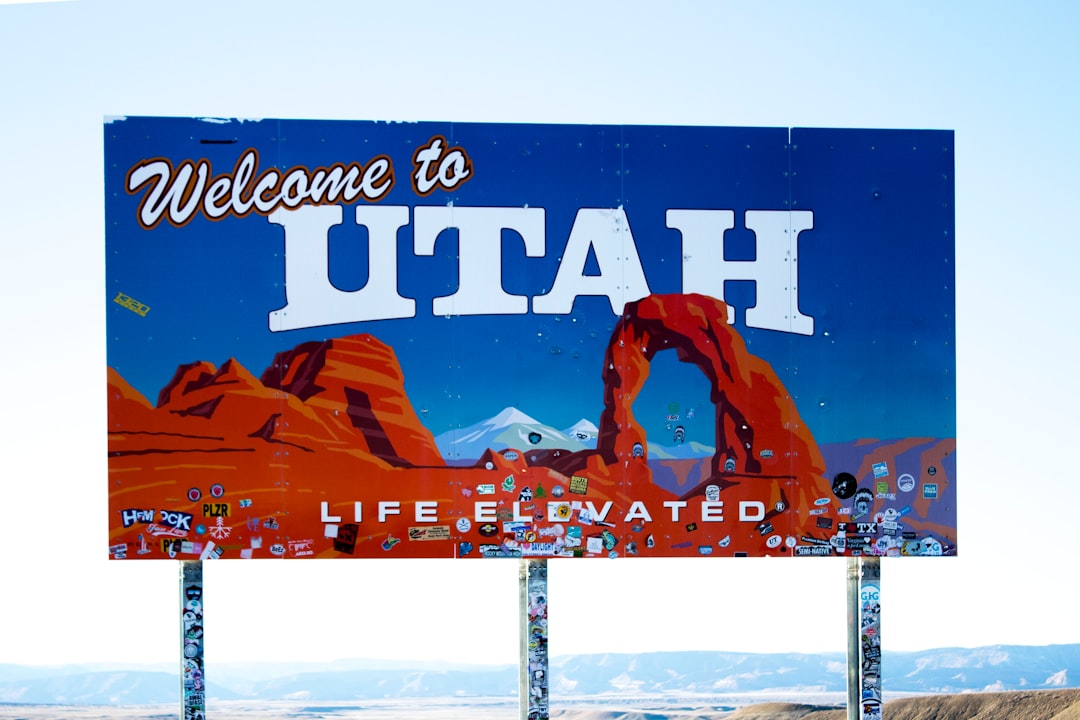Utah's stringent anti-spam laws, including the "Do Not Call" list, empower residents to block unwanted telemarketing and promotional text messages from law firms. By registering and consenting to communication preferences, individuals can avoid unsolicited legal service ads. Compliance for law firms is critical to avoid penalties, maintain reputations, and ensure consumer satisfaction in Utah's highly regulated communication landscape, specifically targeting "Do Not Call" law firms Utah.
“Utah’s stringent spam text compensation laws, including its robust Do Not Call List, offer significant protection to residents from unwanted text messages. This article delves into these regulations, focusing on their impact on law firms and consumer rights. We explore who is protected, the penalties for violations, and essential resources for reporting spam. Understanding Utah’s Do Not Call List and associated laws is crucial for both businesses and individuals to safeguard against illegal text messaging practices.”
Understanding Utah's Do Not Call List and Spam Protection Laws

Utah’s Do Not Call List is a robust program designed to protect residents from unwanted telemarketing calls, including those from law firms seeking new clients. The list allows individuals to opt-out of receiving marketing calls by registering their phone numbers. This simple step ensures that their privacy is respected, and they won’t be disturbed by unsolicited legal services advertisements.
The state’s spam protection laws further strengthen this right. These laws limit the types of automated or prerecorded calls, including those from law firms, that can be made to residents without prior consent. Such regulations aim to curb excessive marketing tactics, providing Utahns with peace of mind and control over their communication preferences.
Who is Protected and How Does it Apply to Law Firms?

In Utah, the anti-spam laws, including those targeting unsolicited text messages or “Do Not Call” regulations, primarily protect consumers. However, these laws also have implications for law firms that engage in promotional or marketing texting activities. If a law firm sends bulk text messages to potential clients without their prior consent, it may be considered a violation of Utah’s spam compensation laws.
Law firms operating in Utah must ensure they obtain explicit permission from recipients before sending any unsolicited texts. This includes not only individuals but also businesses. Failure to adhere to these guidelines can result in financial penalties for law firms. Therefore, while the primary focus is on protecting consumers from intrusive messaging, it’s crucial that law firms also educate themselves on these regulations to avoid legal complications and maintain a positive reputation, especially with respect to “Do Not Call” laws in Utah.
Penalties for Violations: What are the Consequences for Spammers?

In Utah, violations of spam text compensation laws can result in significant penalties for spammers. The state’s legislation is designed to protect consumers from unwanted and fraudulent text messages, ensuring that businesses respect privacy and obtain proper consent before sending marketing content via SMS. Fines for these violations can range from $100 to $500 per violation, with additional costs if the case goes to court. Do Not call law firms Utah are not only encouraged but also legally required to adhere to these rules to avoid such financial burdens and potential reputational damage.
Consequences for spammers may include legal action by affected individuals or groups, leading to more substantial monetary damages. Furthermore, businesses found guilty of spamming could face permanent bans from certain communication platforms, hindering their ability to reach customers. As a result, compliance with Utah’s anti-spam laws is not just about avoiding penalties but also maintaining a positive relationship with consumers and ensuring long-term business sustainability.
Consumer Rights and Resources for Reporting Spam Text Messages

In Utah, consumers have powerful rights and resources available to combat spam text messages. The first step is to familiarize yourself with the state’s anti-spam laws, which are designed to protect individuals from unwanted and unsolicited texts. These laws empower you to take action by reporting spam directly to the source.
If you receive a suspicious or unwanted text, don’t hesitate to document it. Note down the sender’s phone number, the date and time of receipt, and any relevant details about the message content. Utah provides dedicated channels for consumers to report such incidents, including direct reporting through telecommunications carriers or using online platforms offered by consumer protection agencies. Remember, by reporting spam, you’re not only helping yourself but also contributing to a broader effort to deter spammers from targeting other Utah residents. Additionally, consider opting out of receiving future texts from unknown senders by following the opt-out instructions included in most messages (if provided) or using the “Do Not Call” registries specifically for text messages, ensuring peace of mind and a spam-free communication experience.






